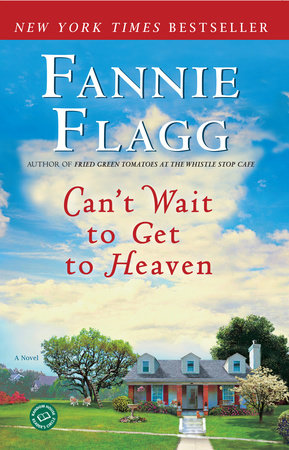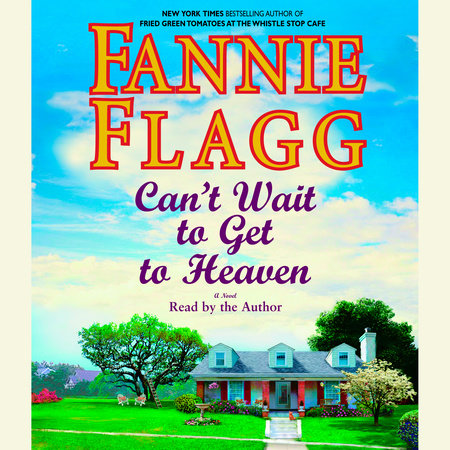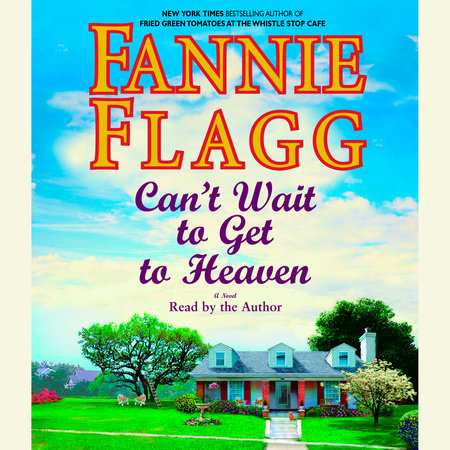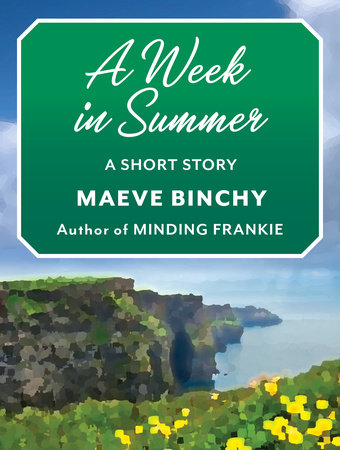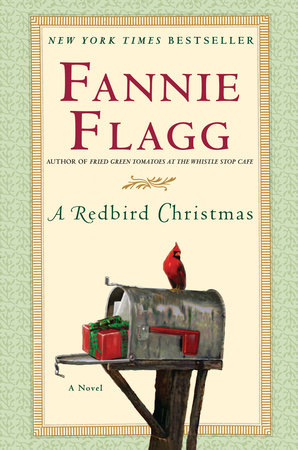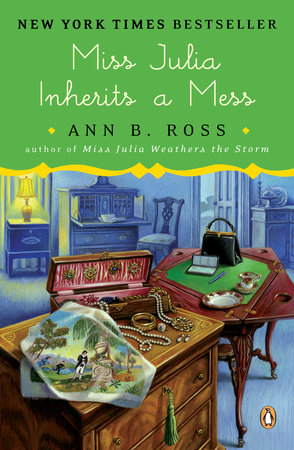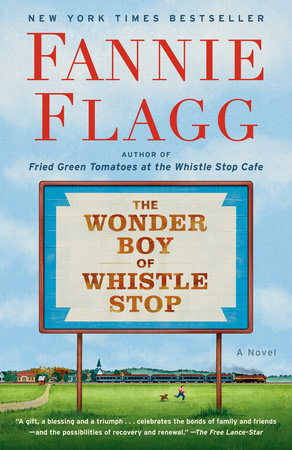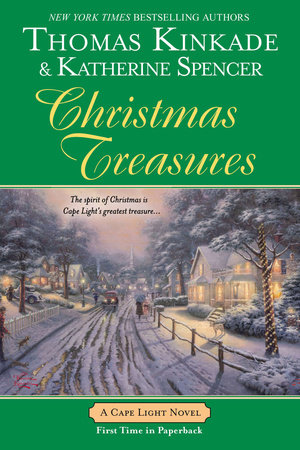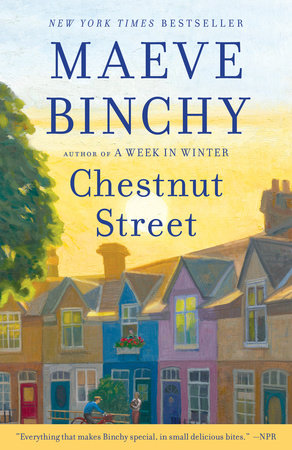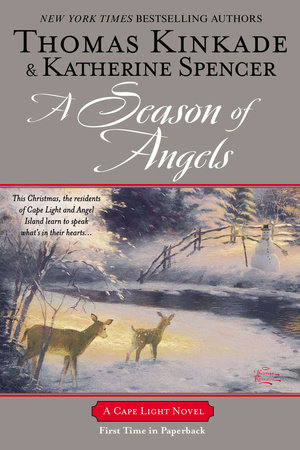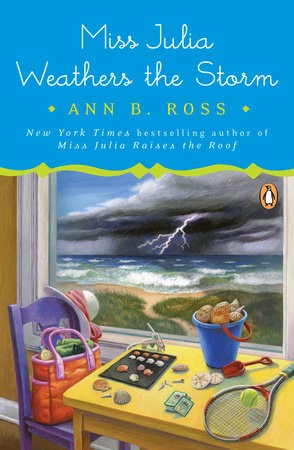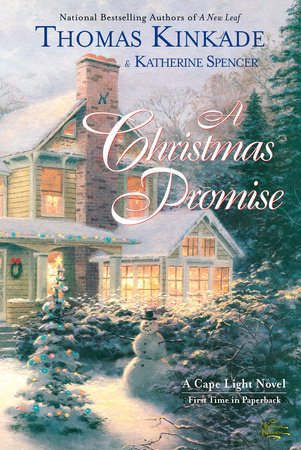A Conversation with Fannie Flagg
Question: In Can’t Wait to Get to Heaven, we revisit Elmwood Springs, Missouri, and catch up with some of the characters from your previous novels (Standing in the Rainbow and Welcome to the World, Baby Girl!). What brought you back to Elmwood Springs and this quirky cast of characters? Do you have a favorite character in the bunch?
Fannie Flagg: I love to write about small towns, and Elmwood Springs is the town that, for me, represents all small towns. Also, I love all the characters that live there and I guess I just missed them, and wanted to go back and find out what they were up to! Aunt Elner is my favorite character; I wish I could be more like her, and less like Norma.
Q: When Aunt Elner falls out of her fig tree, news of her accident spreads like wildfire through her town, with comedic results. What was your inspiration for this situation, and for this close-knit neighborhood?
FF: I am always tickled by the way news spreads around so fast. It is a human trait that makes me laugh. I think it’s really just about people wanting to touch base with another human being. My inspiration for this is just observing others and myself.
Q: Early in Can’t Wait to Get to Heaven, newspaper reporter Cathy Calvert muses, “Scratch any person over sixty, and you have a novel so much better, certainly more interesting than any fiction writer could ever make up.” Do you find that real people often have the most interesting stories to tell? And, if so, how does that tie in to your fiction?
FF: I worked on Candid Camera for many years and I discovered that real people, and how they act, are far funnier than anything you could write or make up, and the same applies in terms of what happens in real life. You could not make up anything as interesting or as funny as the truth if you tried. I read a lot of small town papers to get my material. Everything I write is based on something that really happened. For instance . . . there really was a woman who got a needle-nose hound fish stuck in her leg, and I just read about a man holding up a bank with a live lobster! In my wildest dreams I could not have made that up.
Q: Every character in Can’t Wait to Get to Heaven has a different notion of what heaven is, and if there really is an afterlife or a higher power. What do you think awaits us beyond the pearly gates? And what do your characters think and feel?
FF: I think that is just the point I was trying to make: no one really knows what heaven is or if there is one or not. It is something every human has in common, unless they have been there already, of course! As for me, I have no idea what awaits us when we die. I can only hope it will be something wonderful. I think my characters feel pretty much the same way about the uncertainty . . . all except Elner.
Q: Good home cooking plays a big part in the novel–from Neighbor Dorothy’s caramel cake, to Mrs. McWilliams’ corn bread, to Louise Franks’ Deviled Eggs (and you even give us the recipes in the back of the book!). Do you love to cook, Fannie? From whom did you learn?
FF: I love to eat good home cooking, but sadly I am not a good cook! However, my real Aunt Bess Fortenberry, who owned the Whistle Stop Cafe in Alabama, where I grew up, and the person on whom I based the character Idgie Threadgoode in the book Fried Green Tomatoes at the Whistle Stop Cafe, was a great cook!
Q: Reading Can’t Wait to Get to Heaven is like having an antidote to the bad news that surrounds us in our modern world. The character of Tot, the bedraggled hairdresser, voices something we all feel: “I always try to put on a happy face, but it’s getting harder and harder to keep up a good attitude . . . . Nostradamus, CNN, all the papers, according to them, we are on the brink of total annihilation at any second.” Fannie, while you were dreaming up this novel, did you conceive it as something to cheer us all up? How did you go about pulling it off?
FF: Oh yes. It takes a lot of work to keep from getting depressed these days! It seems that everywhere you look–movies, television, the news–all we hear about is everything that is wrong with the world. I felt that I wanted to remind myself, and hopefully my readers, that there is still an awful lot of things right with the world. I think if we are not careful, we could lose sight of the fact that there are still a lot more good people in the world than bad; but sadly the nice things that happen every day don’t make the news.
Q: What are you hoping readers will take away from reading this book and from getting to know Elner Shimfissle?
FF: I am hoping they will think about something I am trying to remember as well: that the old cliché is true: life really is what you make it and a lot is up to us. As Abraham Lincoln once said, “People are about as happy as they make up their minds to be.”
